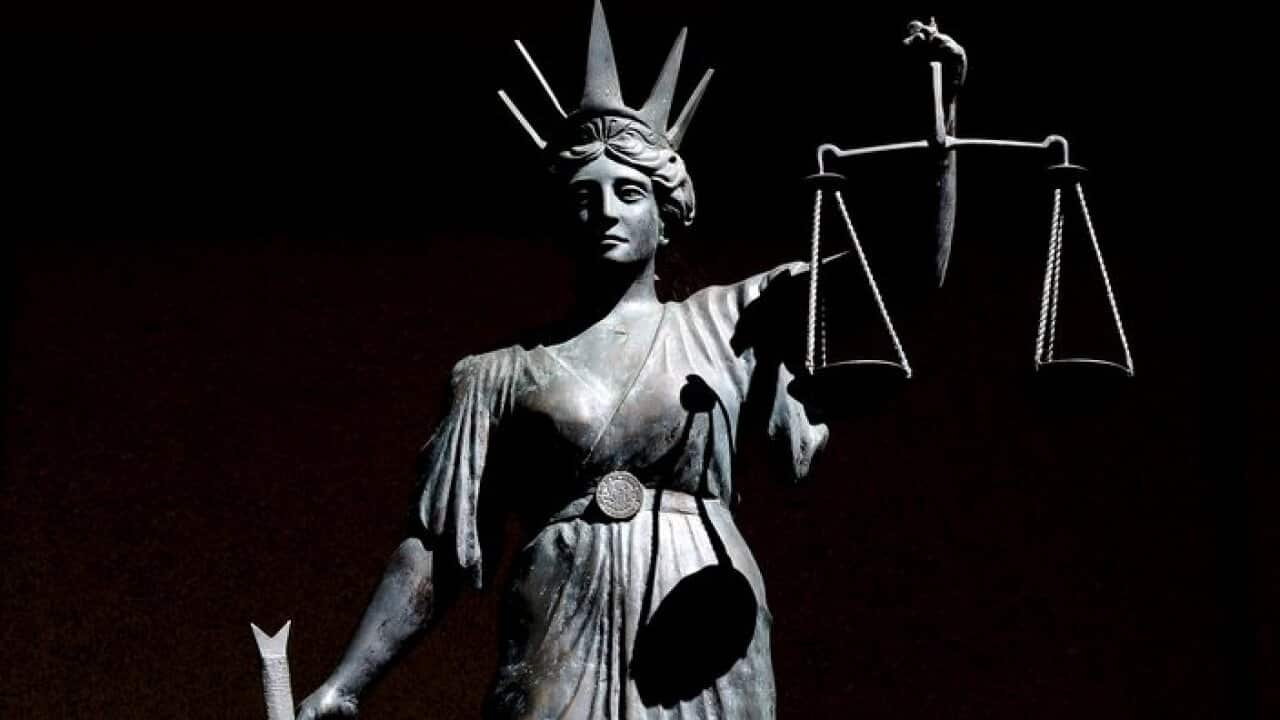NITV: Senator David Leyonhjelm is trying to push through changes to . What are your thoughts on this?
PW: Well, those are his views. He’s been a staunch opponent since about 2011. He will try to get this legislation through the senate, but I don’t think the numbers are there. Essentially, David Leyonhjelm isn’t just trying to change 18C, he’s trying to repeal the section altogether. It’s not likely that this will happen, as it’s not likely anyone would take this up.
NITV: Senator Leyonhjelm says he was recently abused by a reporter who called him an “angry white male”. He has now lodged a formal complaint under the Racial Discrimination Act under the guise of how ridiculous the laws are. What do you think?
PW: I don’t want to comment on an ongoing Racial Discrimination Case, but I will say that 18C protects all groups of people across Australia, without exception. At the present time it is true that the majority of Australians are of a white or European background. But in future this may not be the case, they could find themselves in a minority, and if that were to happen they’d be very glad to have something like 18C there to protect and help them.
NITV: Why do we need 18C of the racial discrimination act, and what would it mean to the community if it were changed?
PW: In the 1980s and 1990s Australia held three national inquiries into race. The first was the Royal Commission into Aboriginal Deaths in Custody. There was another one on racist violence and a further one on multiculturalism. After the 3 inquiries it was decided that there was the risk of promotion of racial hatred within Australia, so protection was needed. The protections in the Racial Discrimination Act (18C and 18D) came as a result, and this was made to help protect free speech.
This system has been fine until the Andrew Bolt case of 2011. This case was the first time that 18C came under scrutiny and was seen as an ideological issue. Before this we had not had any issues for 16 years. Even in 2003, the Howard Government was defending it. The danger with it being changed is that it sends a signal that hatred and denigration is acceptable in Australia. In today’s current climate, this is a terrible message to send out. If anything, we should be trying to send the opposite message.
NITV: Tony Abbott said that "free speech is worth the risk of offending someone.” Do you think these comments are justified?
PW: The comments are his beliefs on 18C. What should be noted is that Australia has one of the most robust elements of free speech around the world. 18C hasn’t interrupted this, so that people are proposing that 18C is impinging on this is quite wrong.


